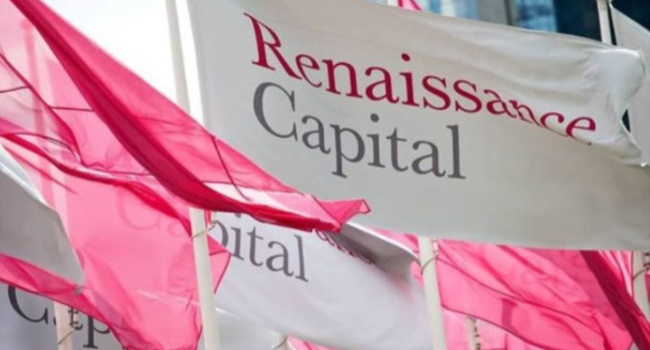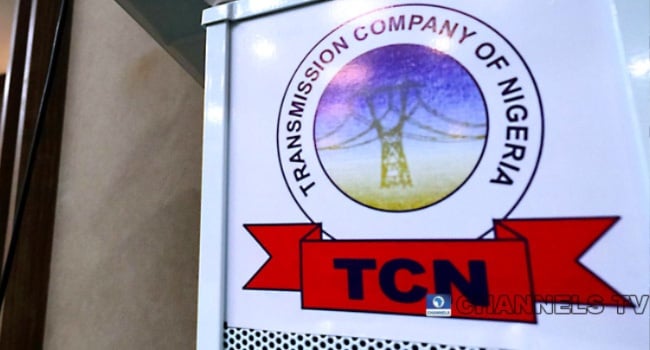Renaissance Capital says the federal government can generate N1.35 trillion in revenue from some banks under the proposed windfall tax if all their foreign exchange (FX) profits are realised.
In a report on Friday, Renaissance Capital said if the policy is implemented, all realised profits from the FX transactions of banks recorded during the 2023 financial year would be charged a tax of 50 percent and paid to the federal government.
On July 17, President Bola Tinubu asked the national assembly to amend the 2023 Finance Act to impose a one-time windfall tax on banks’ foreign exchange (FX) gains.
According to the investment company, introducing the bill into law could result in double taxation and over-taxation, as the realised FX profits recorded by the banks would have been taxed at 30 percent under the Companies Income Tax Act (CITA) in 2023.
Advertisement
“Therefore, an additional 50% tax on the same line item, which was taxed at 30%, leads to double taxation and would increase the effective tax rate on FX profits to 80%,” Renaissance Capital said.
Furthermore, the investment company estimated that Nigeria’s select banks recorded FX profits (realised and unrealised) of N2.7 trillion — with Zenith Bank recording the most significant profits of N692 billion in 2023.
“Consequently, we estimate that the FGN can potentially generate revenue of ₦1.35 trillion from select banks if all their FX profits were realised; however, the portion of this FX profits realised is immaterial, as stated in their audited financial statement,” Renaissance Capital said.
Advertisement
“Also, we believe that despite the CBN requiring banks to close out their Net Open Position (NOP) to 0% long shareholders fund, a material portion of the FX profits recorded by these banks remain unrealised as banks can close out their long FCY NOP without necessarily realising them by matching their FCY liabilities and assets.”
Hence, the federal government might be unable to raise the targeted revenue, according to the firm.
‘IT COULD AFFECT FOREIGN INVESTMENT INFLOW’
According to Renaissance Capital, the bill and its timing are unfavourable for foreign investment inflow into the economy at a time when it is critically needed.
Advertisement
The investment bank said this is because the introduction negates the certainty principle of tax by seeking to tax an income from the prior year.
“Furthermore, the long process the bill must typically undergo before it becomes law significantly increases market uncertainty and perceived systemic risk,” the firm said.
Renaissance Capital also said this could adversely affect investors’ perceptions of the economy, which could materially impede Nigerian banks’ ability to attract foreign portfolio investment (FPI), including diaspora support when they are required to raise capital to meet the minimum capital stipulated by the Central Bank of Nigeria (CBN).
Advertisement
Add a comment






